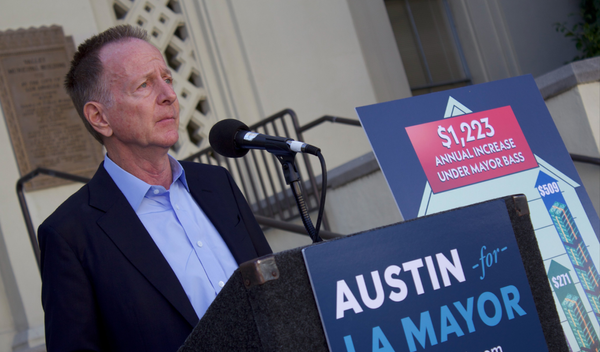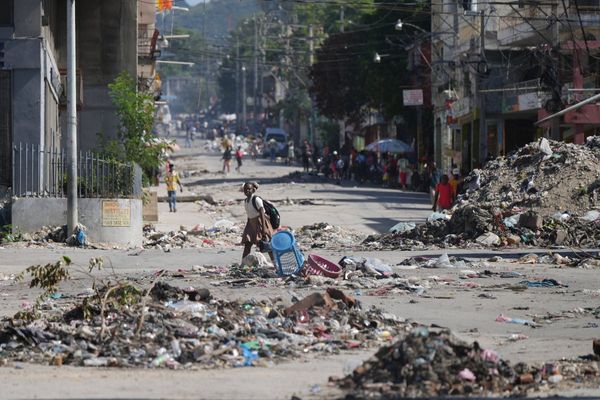OTTAWA — The federal transport minister says the government plans to create a suite of policy responses to help ease pandemic-strained supply chains and prevent future flare-ups.
The problems in supply chains that have driven up the cost of business, and the prices of consumer goods, prompted a handful of cabinet ministers, industry and labour groups to meet Monday.
Transport Minister Omar Alghabra said the group agreed to a series of followup meetings to look at firming up regional routes and building redundancies into delivery systems where shortcomings have been exposed by the pandemic.
Among the issues to be looked at will be the supply of food into the country to make sure Canadians have reliable access to grocery store goods.
The government also plans to spend money on projects that could immediately ease domestic supply-chain congestions, such as moving goods from backlogged ports, Alghabra said.
Alghabra says there are signs that problems are beginning to ease, and suggests every step the government takes, and every policy it makes, will look to avoid straining trade problems anew.
"We shouldn't just look the other way. We need to make sure that we tackle them. We need to add more redundancy, we need to add more resilience," he said.
What the industry noted repeatedly during the four-hour meeting was that a shortage of truck drivers overall was making it difficult to move goods around the country.
Trucking HR Canada said the country is experiencing its highest-ever driver vacancy rate. CEO Angela Splinter said some government programs have helped, but the industry needs to quickly get more drivers and fill other key positions.
Importers had warned of problems from a vaccine mandate for truckers crossing the Canada-U.S. border, but Alghabra said that hasn't had a measurable impact on the volume of trucks coming north.
The number of commercial truck drivers entering Canada dropped by 2.8 per cent to 105,592 between the weeks of Jan. 10-16 and Jan. 21-27, according to statistics from the public safety minister's office and the Canada Border Services Agency.
The number of truckers crossing the border fell by 1.1 per cent during the same period in 2021 and by seven per cent in 2019.
The trucker vaccine mandate kicked in on Jan. 15 for those entering Canada. A reciprocal American policy took effect one week later.
"The biggest reason why we have mass supply-chain disruption is COVID," Alghabra said. "There are other factors, clearly, but the reasons why all those factors got exacerbated and exposed is because of COVID."
Global supply chains have been gummed up as production tries to ramp up to manage an increased demand for goods. Shipping costs have risen by eight to nine times above pre-pandemic levels.
Last week, Bank of Canada governor Tiff Macklem said shipping costs and port backlogs have peaked in some areas and were beginning to cool. He said inflation is likely to stay around five per cent for the first half of this year before easing by the end of 2022 as bottlenecks break and as the central bank hikes rates, which should dampen demand growth.
There was no immediate mention from the government about help for companies that have seen their costs go up and production affected by supply-chain disruptions, which a manufacturers’ association requested.
Canadian Manufacturers and Exporters chief executive Dennis Darby said he also urged the government to speed-up spending on critical trade infrastructure and work closely with the Americans to improve the flow of goods, that latter being something which Industry Minister Francois-Philippe Champagne noted was already happening.
"Bottom line, there are many things Canada must do to tackle the supply-chain problem,” Darby said in a statement. "But it all starts with a firm commitment from government to work with industry to resolve these challenges. One meeting is not enough."
This report by The Canadian Press was first published Jan. 31, 2022.
— With files from Christopher Reynolds
Jordan Press, The Canadian Press







